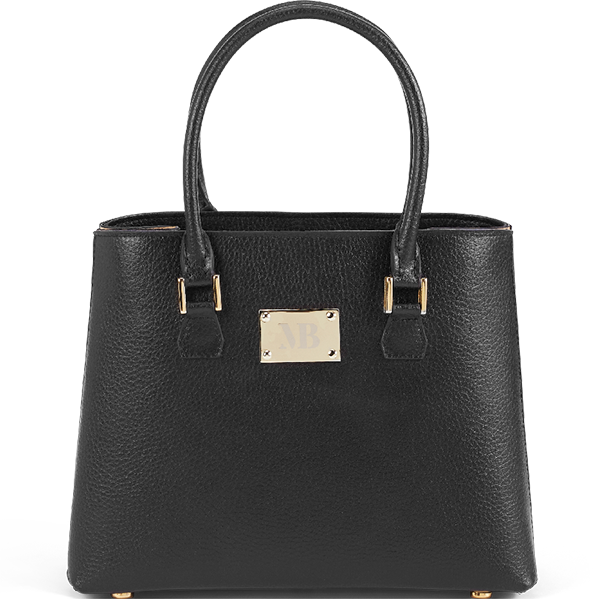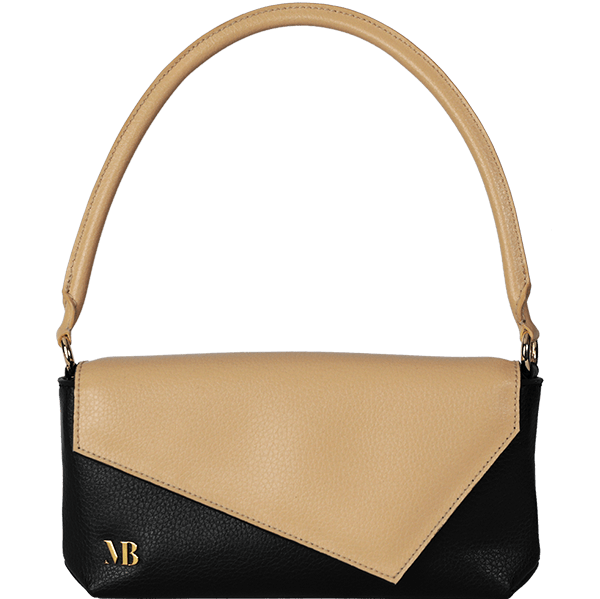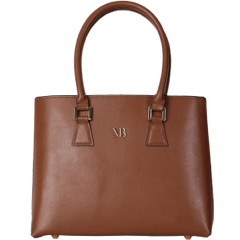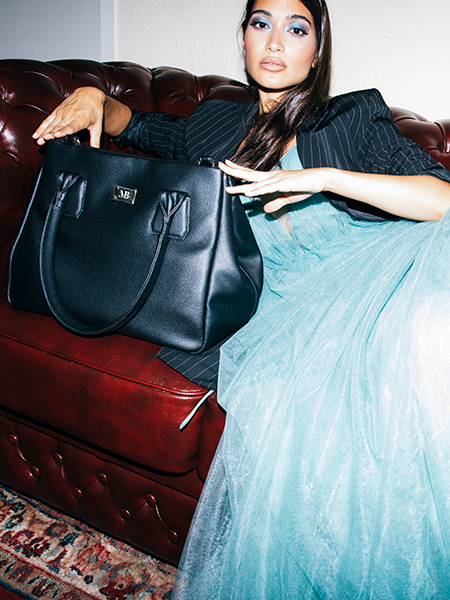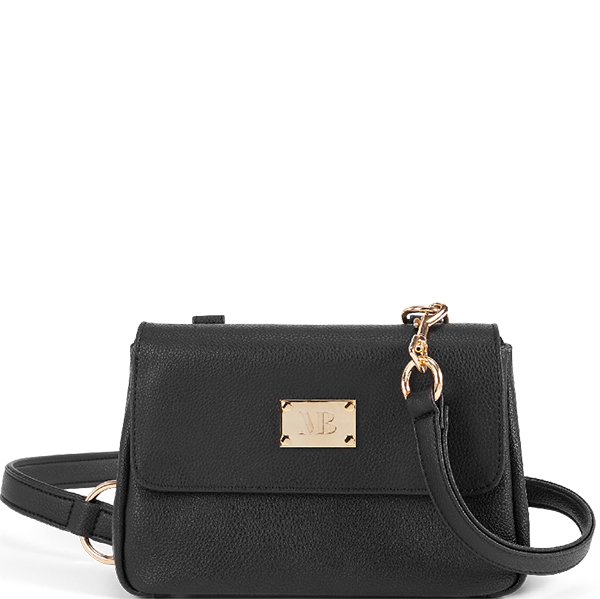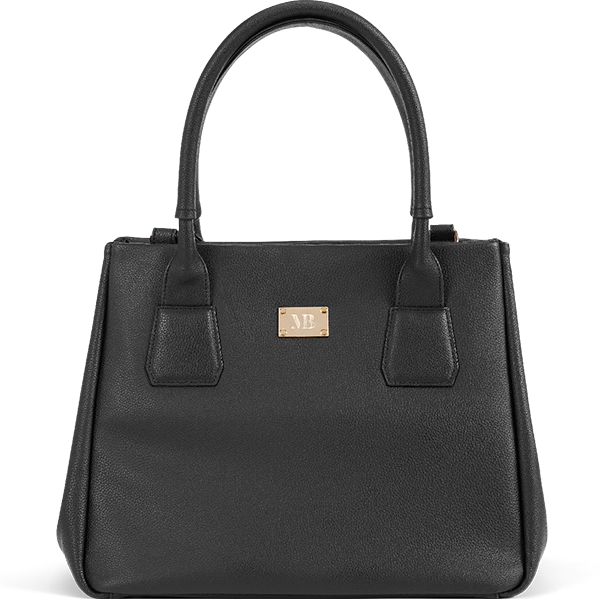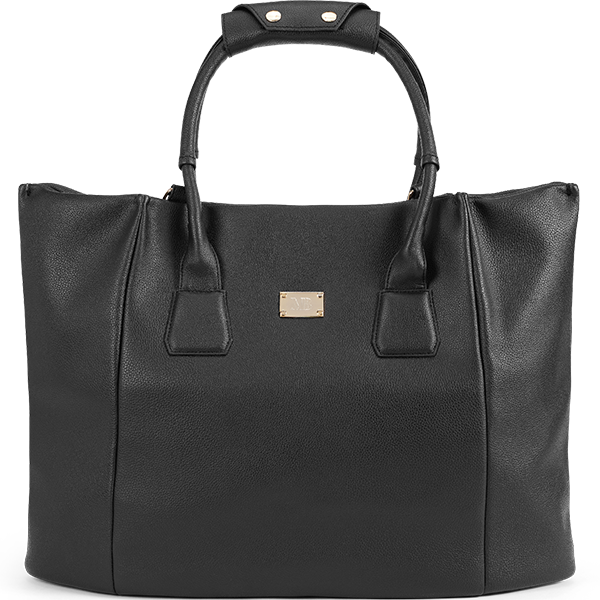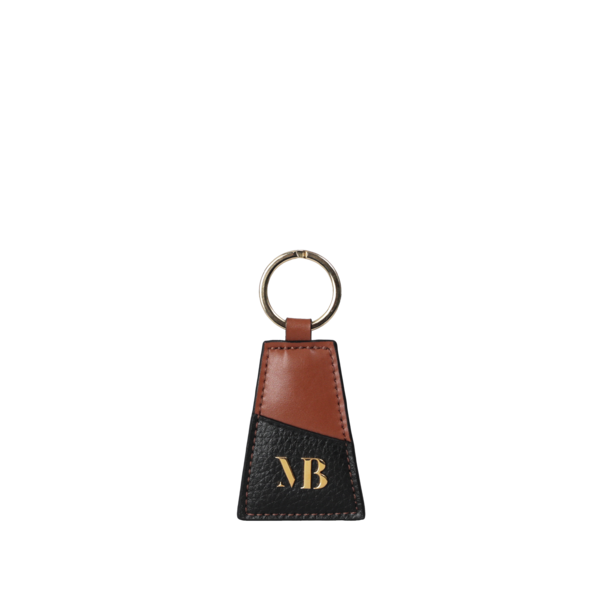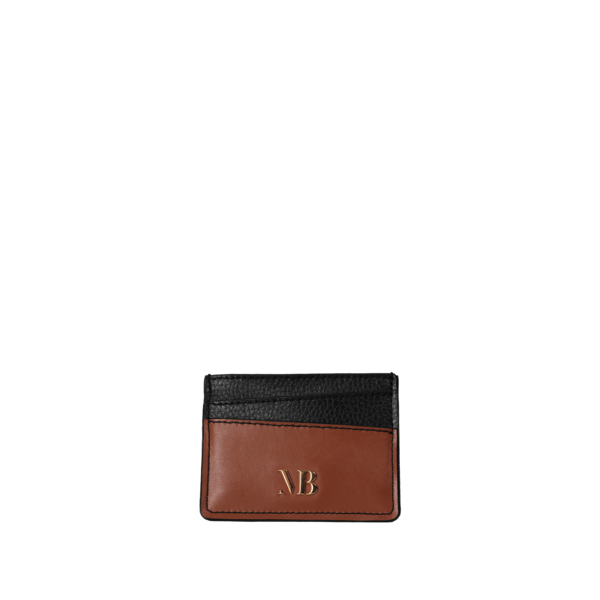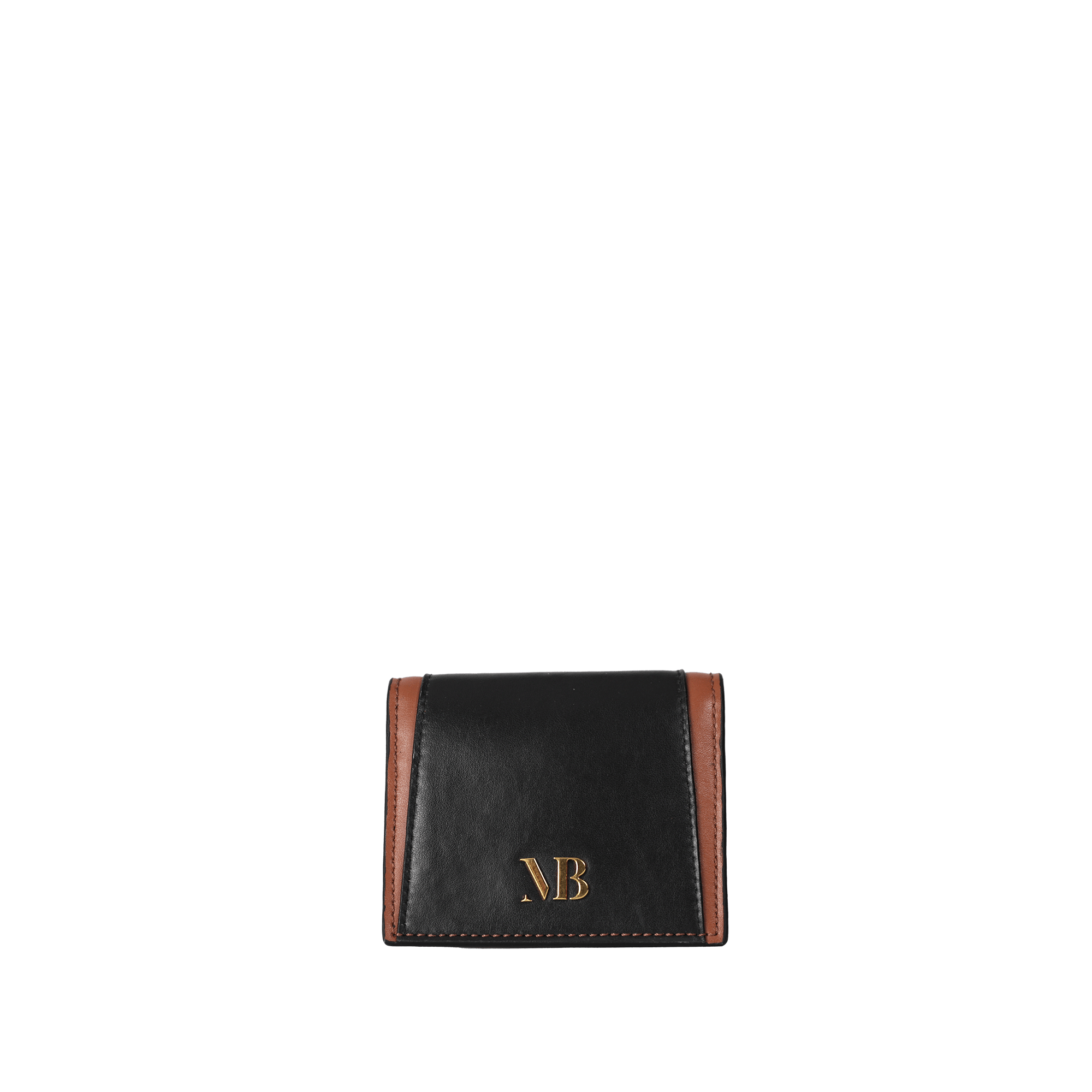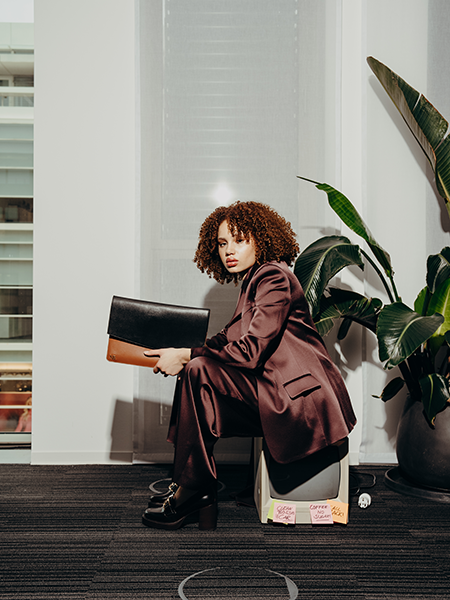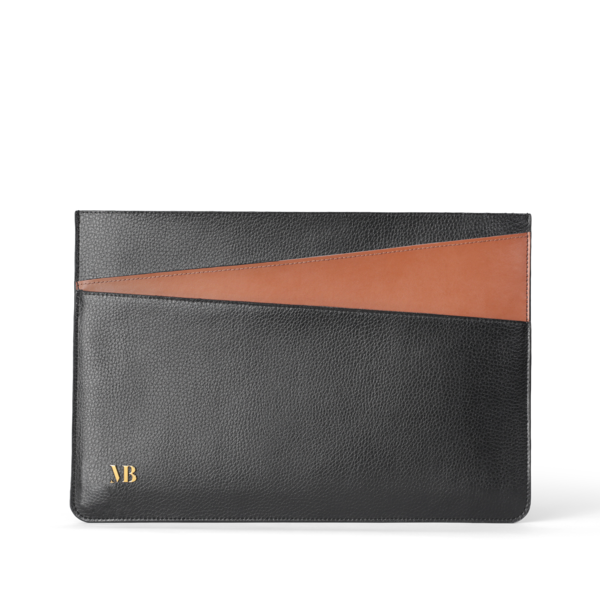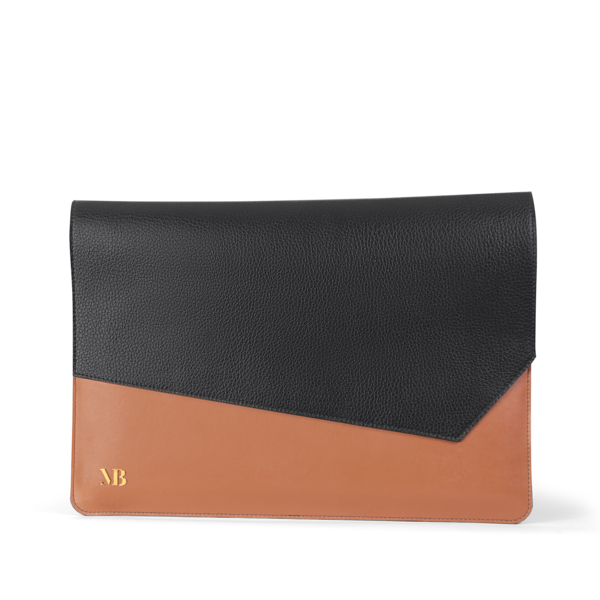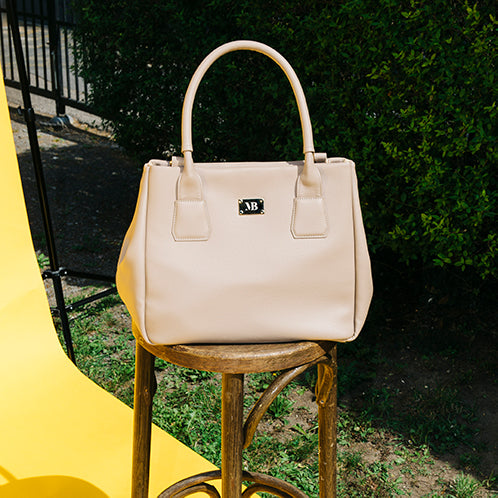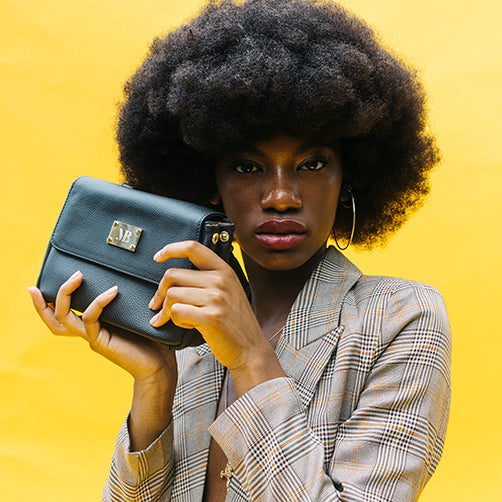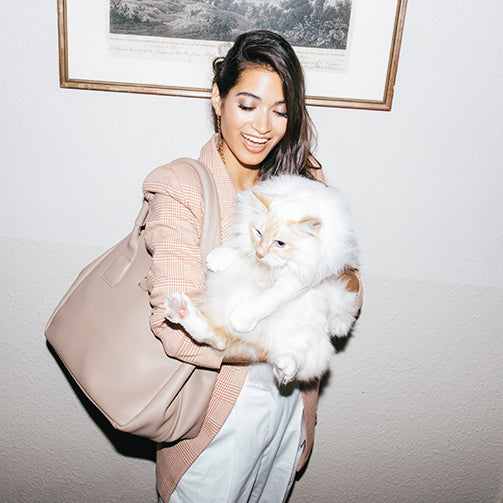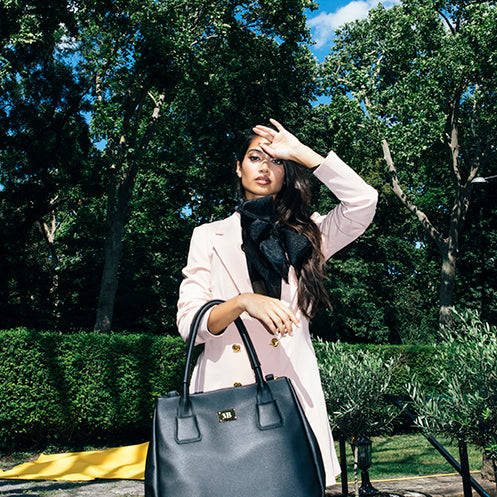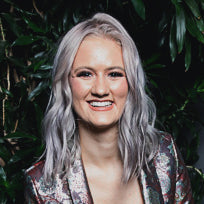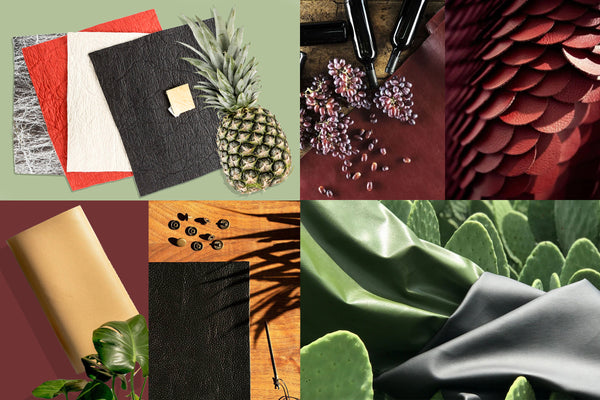Plants Not Plastics – Oihana Elizalde on the Next-Gen Material MIRUM®
Natural, vegan, plastic-free. The vegan leather market is in a permanent state of flux. Companies are investing a lot of money to develop next-gen materials that promise to be both: animal-friendly and more sustainable for the environment. One of the most exciting new materials is MIRUM® from the biotech company Natural Fiber Welding. Two years ago our founder Melina Bucher reached out to them and was immediately convinced of their vision. What makes this next-gen material so magical? We interviewed Oihana Elizalde, Vice President of Natural Fiber Welding and General Manager of Mirum Business, to bring you the latest material straight from the source!
We were immediately convinced by MIRUM® and designed our latest collection as one of the first to incorporate this next generation material to move the fashion industry forward into a more sustainable and animal-friendly future. You can finally shop BAILEY hereand be one of the first to actually experience the magic of MIRUM® and the latest Melina Bucher design!

Oihana Elizalde, Vice President of Natural Fiber Welding and General Manager of MIRUM® answers all our questions
Natural Fiber Welding designed MIRUM® to aid in driving the sustainability revolution by creating the next generation of responsible materials. The new material provides designers and consumers with non-plastic options while maintaining functional and aesthetic properties.
Mirum® is a plastic-free, biobased material. Other synthetic vegan or plant-based leathers are made from petroleum-based inputs, most commonly polyurethane (PU) or polyvinyl chloride (vinyl or PVC). Nearly every plant-based leather on the market requires the use of plastic resin, glue, or coating to meet performance thresholds. The amount of plant in other plant-based leathers is wide-ranging. Depending on the brand, it may be as much as 80 or as little as 30 percent. Our material on the other hand is made with only natural, biobased materials, no plastics. Because MIRUM® is all natural and not a mix of plastics and other materials, the products made of it are recyclable in the sense that, at the end of a product’s life, that material can re-enter the production process and be reused to make more MIRUM®. Even if one of the products is not recycled, the all-natural ingredients are not polluting to the planet. The ingredients are nutrients that can re-enter the ecosystem. This is not possible with materials that contain plastics which cannot easily be recycled.

There are a number of different terms used to refer to leather alternatives these days. Faux leather had a glow-up in the 2010s when the category got rebranded to vegan leather. Pleather carries the connotation of a cheap imitator. The vegan term tugs at the heartstrings as cruelty-free. Other plant- or bio-based materials, while having a biomass component, must rely on plastics to deliver their functionality; they are petroleum enabled materials. A PU coating on a plant-based substrate is not the answer to the soft good industry’s sustainability and circularity challenges. MIRUM® is all natural and plastic free. It is unique in its ability to deliver functionality, durability, and aesthetic beauty without relying on petrochemical or synthetic inputs. It is the only leather-like material that checks all our boxes when it comes to sustainability.
You are interested to learn more about the differences of animal, synthetic and plant-based leathers? Check out our Vegan Leather Guide 1 and Vegan Leather Guide 2 for a detailed analysis!
To fully assess a product’s environmental impact, it is essential to not only consider the raw materials and inputs used to make a product, but also to understand what impact the materials have when they are no longer in use. Though a term like plant-based may seem to indicate that a product could be harmless to the environment at the end of its life, the truth is that when products contain a mix of natural materials and plastic, they are not biodegradable, cannot be recycled, and can cause environmental harm for years while sitting in landfills. Because MIRUM® is made only with natural inputs, no matter where it ends up at the end of its life, it is not harmful to the environment; this approach is what sets the material apart.

The circular design process of MIRUM® (© Natural Fiber Welding)

Another key benefit from Mirum® is its significantly lower carbon impact when compared to animal leather, with up to forty times less carbon impact. This has big implications and potential towards fighting climate change.
MIRUM® is made of only natural ingredients and contains no plastics. Each color and product is made out of a custom mix of agroforestry and agricultural products (such as natural rubber, cork and biomass charcoal) and minerals. It contains zero plastics or petrochemical-derived binders or coatings.
The abundant diversity of plant and mineral inputs enable MIRUM® to be a highly tunable material with many varying traits, including color, grain, thickness, texture and scent. These varieties are suitable for many applications, including fashion apparel, accessories, and footwear; Natural Fiber Welding has received significant investment to pursue automotive interiors; and we are looking to expand to more upholstery opportunities in the near future. It is a very durable material that is qualified by our development team to meet industry standards for a number of performance factors, such as stitch & tear strength, abrasion resistance, and fatigue life. Individual recipe specifications are available upon request for each MIRUM® product.

Oihana checking on MIRUM® production samples
The alternative leather space is a very active innovation field with many players coming up with a variety of technologies, but all of them have shortcomings. Mirum® is the only material offering a solution that performs comparably to leather, is scalable to produce meaningful volumes to support the needs across different industries and is plastic-free and environmentally friendly with minimal carbon footprint.
MIRUM® is far less resource intensive to produce than animal leather and synthetic leather. Our material requires no tanning and is made from natural polymers and materials. We have performed a rigorous life cycle assessment (LCA) on our products and the results will be communicated shortly. This study shows that MIRUM® has an extremely low carbon footprint when compared to animal leather, synthetic leather and other alternatives. MIRUM® requires no water during manufacturing and uses no chemical dyes. Our material efficiently uses only natural raw materials and can safely be returned to the earth. MIRUM® can also be recycled and reintroduced in the manufacturing process.

First of all, we want to offer designers endless possibilities on colors, textures, scents, thicknesses, etc. Also we want to build education resources on sustainability topics. All in all, Natural Fiber Welding has the goal to free product designers and consumers from the constraints of traditional plastics that come from finite fossil resources and enable beautiful and durable all natural finished goods.
We thank Oihana Elizalde and Natural Fiber Welding for their help and detailed answers to our questions. We can not wait for the future and further changing the fashion game together!
Disclaimer: All interview answers were used without any changes and reflect the opinion of Oihana Elizalde, Natural Fiber Welding. All pictures are courtesy of Natural Fiber Welding.
